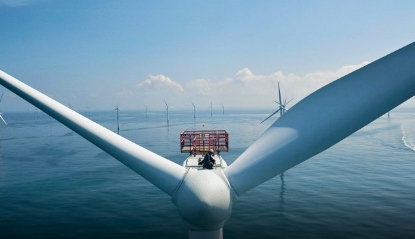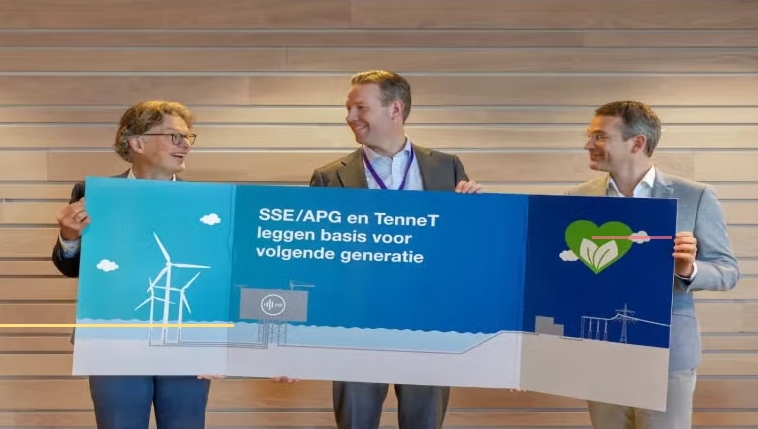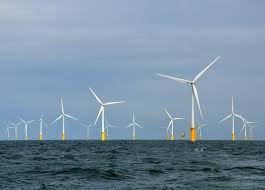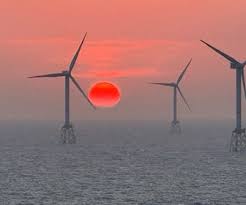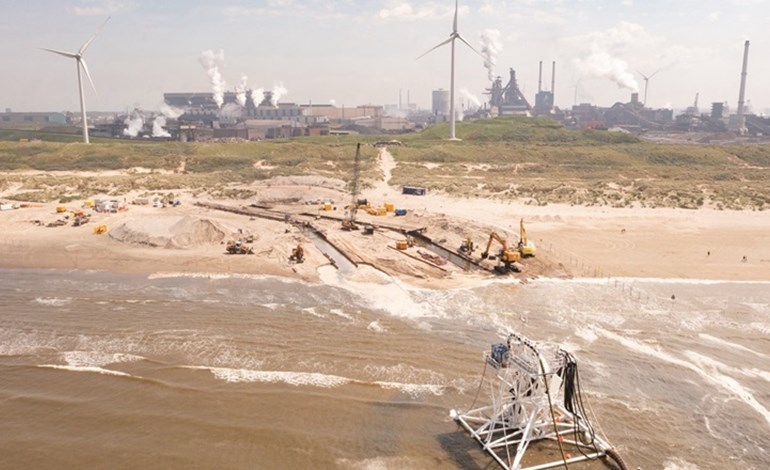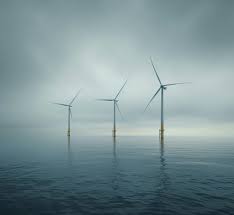As a developing country, however, it will not help rich countries close the gap in the level of support they had pledged to the Third World, a senior environmental official said.
Li Gao, director-general for climate change at the Ministry of Ecology and Environment, made the comment ahead of the United Nations climate change conference, slated for Dec 2 to 13 in Madrid, Spain.
Last year, China managed to reduce its carbon dioxide emissions per unit of GDP by 45.8 percent from 2005 levels, achieving its goal of reducing carbon intensity by 40 to 45 percent ahead of the 2020 deadline, together with a reduced carbon dioxide equivalent of 5.2 billion metric tons, he said in a recent interview with China Daily.
"This is a huge contribution to the world in tackling climate change," he said.
China has also made a marked contribution to the world by lowering the cost of new energy as it works to decarbonize energy consumption, he added.
With 34 percent of the world's total installed capacity of renewable energy, China is responsible for 40 percent of the global growth in the sector. By the end of last year, the share of nonfossil fuels in the country's primary energy consumption had increased to 14.3 percent.
"China has outpaced all other countries with its investment in renewable energy in the past seven years or so," Li said.
He said the development of the country's renewable energy industry could be of much greater significance than what many countries have realized.
"Thanks to the development of the sector, China has managed to bring down the cost of renewable energy worldwide, which has created favorable conditions for its further application. ... The applications will also further fuel the development of relevant technologies," he said.
Despite the contributions, however, Li dismissed the call of some foreign politicians, who say China should contribute as a developed nation, not a developing one, to global climate action. That call had come on the backdrop of rich countries' failure to fulfill their financial support commitments to poor countries.
Developed countries had promised to provide $100 billion annually by 2020 for developing countries, a figure that was included in the Paris agreement on climate change.
"Some statistics show that financial support from developed nations has reached about $60 billion a year," Li said. "The developing countries, however, have generally failed to feel the support."
The gap is partly the result of some developed powers labeling other financial support they provide as climate-related and calculate that support as such, he said.
He said that as a developing country, China will not help fill the gap in developed countries' commitments, although it will continue to make proactive efforts to contribute to global climate action.
"The per capita GDP in China has yet to reach the global average level. ... Despite advancement in various aspects, the country still has a long way to go in its development," he said, adding that national conditions in China as a developing country can be expected to continue for an extended period.
"China is willing to fulfill its obligation in tackling climate change with proactive efforts consistent with its capabilities and development stage," he said. "But we are not going to shoulder responsibilities that should be taken up by the developed powers."
